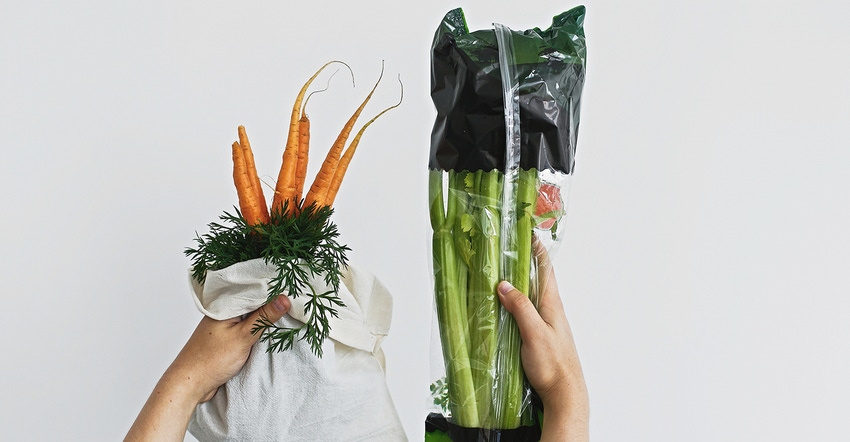Takeaways: Brands confront the plastic problem
Reducing packaging and using environmentally friendly materials is a growing consumer demand and a complex challenge many natural products brands are working hard to meet.

The people have spoken. Product packaging, especially nonrecyclable plastic, threatens the environment, and brands need to reduce packaging and use alternative materials that can be recycled, composted or reused.
Consumers want to see themselves acting in a sustainable manner, and 61% believe brands and manufacturers should be doing more to protect the environment, according to an FMCG Gurus survey of 20,000 global consumers conducted in Q3 2019.
The Natural Marketing Institute (NMI) has found concerns about overpackaging and the environment are no longer just for the prototypical “green” consumers, but have begun to resonate with mainstream shoppers. NMI reported almost three-quarters of U.S. consumers feeling many products are overpackaged.
Further, NMI’s Sustainability Consumer Trends Database (SCTD) found seven out of 10 consumers feel the amount of waste on land and in the oceans is far worse than it was in the 1970s—more than 200 million tons of plastic are produced each year (National Geographic), of which about 10% ends up in the oceans, and plastic never breaks down.
The U.S. alone uses more than 26 billion plastic pouches every year, according to the “Stand-Up Pouches, 2015 to 2019” report from Packaging Strategies, but most flexible pouch material is not decomposable or recyclable.
Six years ago, One Step Closer to an Organic Sustainable Coalition (OSC2) gathered 50 companies representing all parts of the product packaging chain to discuss wasteful packaging. The coalition tested new materials at an expedited pace, but it found creating a compostable packaging alternative is exceedingly complex: It must protect the contents, be environmentally friendly, print well and survive the distribution chain.
In 2016, OSC2 member Alter Eco launched the first fully compostable stand-up pouch that meets all those requirements and began shipping it nationwide. This is only the beginning, as the coalition members continue to test, develop and improve new materials.
Another movement is focused on biobased plastics, which are made from renewable resources including commodities like corn, potatoes, sugarcane, wheat, soy and vegetable oil, instead of the nonrenewable petroleum-based resources used to make conventional plastic. However, a Packaging Digest survey found 74% of packaging professionals think biobased plastics improve the environmental perception of plastic packaging, but only 42% think it improves reality of the environmental impact.
Food, beverage and supplement brands have responded to the packaging demands. From 2017 to 2019, brands that exhibited at the Natural Products Expo West trade shows increased their claims related to sustainable and reduced packaging, according to the NEXT Trend Database. However, consumers are a tough crowd to please. They want attractive, responsible packaging, but most can’t be bothered to recycle, and almost half don’t trust packaging claims on food and beverage products.
For more on packaging considerations, download INSIDER's "Packaging: More than meets the eye" digital magazine.
About the Author(s)
You May Also Like






.png?width=800&auto=webp&quality=80&disable=upscale)